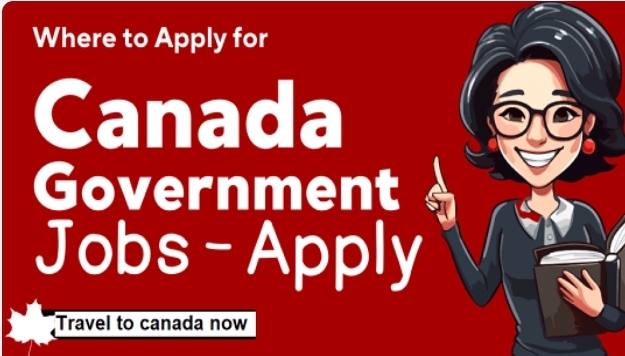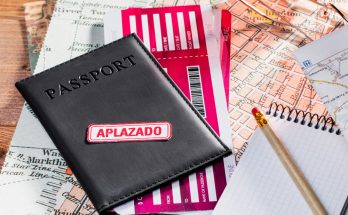Navigating the US visa process can be complex, especially for African immigrants seeking to visit, work, study, or immigrate to the United States. Visa requirements and costs vary depending on the type of visa you are applying for and your individual circumstances. Here’s an overview of the US visa requirements and costs for African immigrants:
Types of US Visas:
Nonimmigrant Visas: These visas are for temporary visits to the United States, including tourism, business, study, and temporary work.
B-1/B-2 Visitor Visa: For tourism, business, or medical treatment.
F-1 Student Visa: For academic studies at an accredited US institution.
J-1 Exchange Visitor Visa: For educational and cultural exchange programs.
H-1B Specialty Occupation Visa: For temporary employment in specialty occupations.
Immigrant Visas: These visas are for individuals seeking to permanently immigrate to the United States.
Family-Based Immigration: For relatives of US citizens or permanent residents.
Employment-Based Immigration: For individuals with job offers or exceptional skills.
Diversity Visa Lottery: For individuals from countries with historically low rates of immigration to the US.
Requirements for US Visas:
Application Form (DS-160): All visa applicants must complete the online DS-160 application form, providing personal information, travel history, and details about their trip to the United States.
Valid Passport: Applicants must have a passport valid for travel to the United States with a validity period that extends beyond their intended stay.
Photo: Applicants must provide a recent photograph that meets the US visa photo requirements.
Interview Appointment: Most visa applicants are required to attend an interview at a US embassy or consulate in their home country.
Supporting Documents: Depending on the type of visa, applicants may need to provide additional documents, such as proof of financial support, invitation letters, or educational transcripts.
Biometric Data: Some visa applicants may be required to provide fingerprints and other biometric data as part of the application process.
Cost of US Visas:
Application Fee: Most nonimmigrant visa applicants are required to pay a non-refundable visa application fee, which varies depending on the type of visa. As of 2022, the application fee for a tourist (B-1/B-2) visa is $160.
SEVIS Fee: F-1 and J-1 visa applicants may also be required to pay a Student and Exchange Visitor Information System (SEVIS) fee, which helps fund the administration of the visa program.
Visa Issuance Fee: For immigrant visa applicants, there may be additional fees associated with the visa issuance process, including the immigrant visa application fee and the visa issuance fee.
It’s important to note that visa application fees are subject to change, and applicants should check the most up-to-date fee schedule on the official website of the US Department of State or the US embassy or consulate where they plan to apply.
In addition to the visa application process, African immigrants should be aware of travel restrictions, entry requirements, and COVID-19 protocols that may impact their ability to travel to the United States. Consulting with immigration attorneys or accredited visa consultants can also provide valuable guidance and support throughout the visa application process.
FAQ
1. What is the difference between a nonimmigrant visa and an immigrant visa?
Nonimmigrant visas are for temporary visits to the United States, such as tourism, business, study, or temporary work. Immigrant visas, on the other hand, are for individuals seeking to permanently immigrate to the United States, either through family sponsorship, employment, or the diversity visa lottery.
2. How do I know which type of visa I need to apply for?
The type of visa you need depends on the purpose of your trip to the United States. You can use the US Department of State’s Visa Wizard tool to help determine the most appropriate visa category based on your circumstances.
Yes, the visa application fee is non-refundable, regardless of whether your visa application is approved or denied.
4. Can I apply for a US visa online?
Yes, most visa applicants are required to complete the online DS-160 application form and schedule an interview appointment at a US embassy or consulate in their home country.
5. How long does it take to process a US visa application?
Visa processing times vary depending on factors such as the type of visa, the volume of applications, and individual circumstances. Generally, nonimmigrant visa applications are processed within a few weeks, while immigrant visa applications may take several months or longer.
6. Is there an age limit for applying for a US visa?
There is no specific age limit for applying for a US visa. However, applicants must meet all other eligibility requirements, including demonstrating sufficient ties to their home country and the ability to support themselves financially during their stay in the United States.
7. Can I work in the United States on a tourist visa (B-1/B-2 visa)?
No, the B-1/B-2 tourist visa does not authorize employment in the United States. If you wish to work in the US, you will need to obtain a visa specifically for employment, such as an H-1B visa or an employment-based immigrant visa.
Visa requirements may vary depending on the applicant’s country of citizenship, as well as current US immigration policies and diplomatic relations. It’s essential to check the specific requirements and procedures for visa applicants from your country of origin.
9. Can I appeal a visa denial decision?
While there is no formal appeals process for visa denials, applicants may have the option to reapply for a visa if their circumstances change or if they can provide additional supporting documentation to address the reasons for the initial denial.
10. Where can I find more information about US visa requirements and costs?
For the most up-to-date information about US visa requirements, costs, and application procedures, you can visit the official website of the US Department of State or contact the US embassy or consulate nearest to you.
These FAQs provide a general overview of common questions related to US visa requirements and costs for African immigrants. However, it’s essential to consult with immigration authorities or legal professionals for personalized guidance tailored to your specific circumstances.


